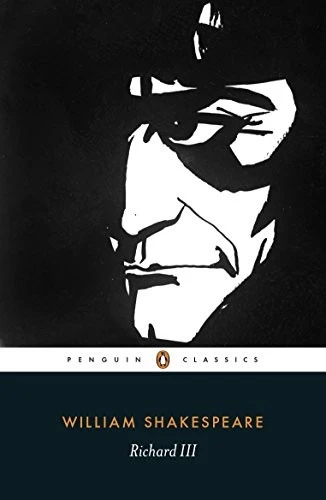'Now is the winter of our discontent Made glorious summer by this sun of York' Shakespeare's final drama of the Wars of the Roses cycle begins as the dust settles on England after bloody civil war, and the bitter hunchback Richard, brother of the king, secretly plots to seize the throne. Charming and duplicitous, powerfully eloquent and viciously cruel, he is prepared to go to any lengths to achieve his goal. Richard III shows a man who, in his skilful manipulation of events and people, is a chilling incarnation of the temptations of power in a land shocked by war. Used and Recommended by the National Theatre General Editor Stanley Wells Edited by E. A. J. Honigmann Introduction by Michael Taylor
William Shakespeare
William Shakespeare was an English playwright, poet, and actor, widely regarded as one of the greatest writers in the English language. He is known for his numerous plays and sonnets, which have had a profound impact on literature and theater. Some of his most notable works include "Romeo and Juliet," "Hamlet," "Macbeth," and "Othello." Shakespeare's writing is characterized by his use of intricate language, complex characters, and universal themes such as love, jealousy, power, and ambition. His works have been translated into every major language and are performed around the world to this day. Shakespeare's influence on literature, drama, and the English language is immeasurable, and his legacy continues to endure centuries after his death. His most famous work is arguably "Romeo and Juliet," a tragic love story that has become a timeless classic.


